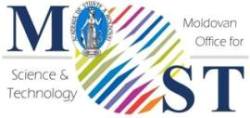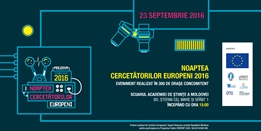The Partnerships for Enhanced Engagement in Research (PEER) Science program is now accepting proposals from developing country researchers interested in collaborating with their U.S. counterparts. We would like to request your help in circulating this information to scientists and engineers in your country so they can prepare and submit their proposals to meet the application deadline of December 4, 2012.
PEER Science is a partnership between the U.S. Agency for International Development (USAID) and the National Science Foundation (NSF) that is designed to address development challenges through international research collaboration. This competitive grants program will allow scientists in developing countries to apply for funds to support research and capacity-building activities in partnership with their NSF-funded collaborators on topics of importance to USAID. Areas in which both NSF and USAID have strong mutual interests include, but are not limited to, the following:
- Food security topics such as agricultural development, fisheries, and plant genomics
- Climate change impacts such as water sustainability, hydrology, ocean acidification, climate process and modeling, and environmental engineering
- Other development topics including disaster mitigation, biodiversity, water, and renewable energy
Proposals in these topical areas of interest are being accepted from researchers in 87 eligible developing countries. Additionally, PEER Science invites proposals from applicants in the following specific countries or working on the following topical areas, for which USAID missions and offices have allocated resources to foster science and development goals: Indonesia, Biodiversity Conservation and Clean Energy in the Philippines, Water for the Middle East and North Africa, Climate Change for Lower Mekong Initiative, and Maldives Climate Change Adaptation. Regardless of the country or topic, all applicants must have a U.S. collaborator with an active NSF award.
Complete eligibility details, proposal submission instructions, and a link to the online application site are available at http://www.nationalacademies.






